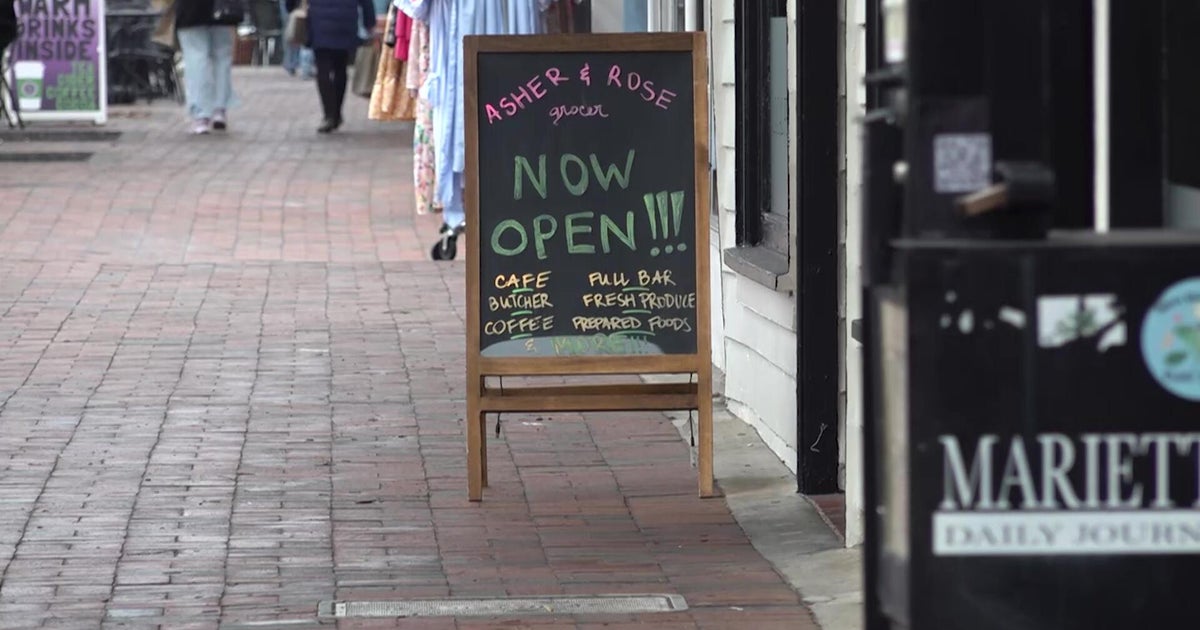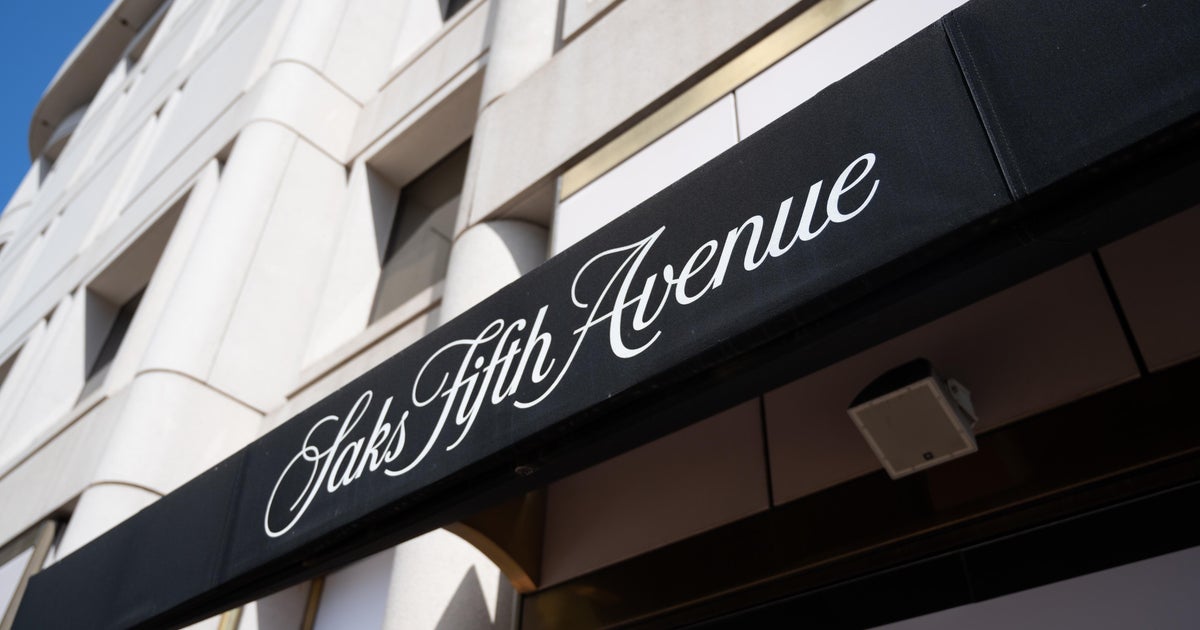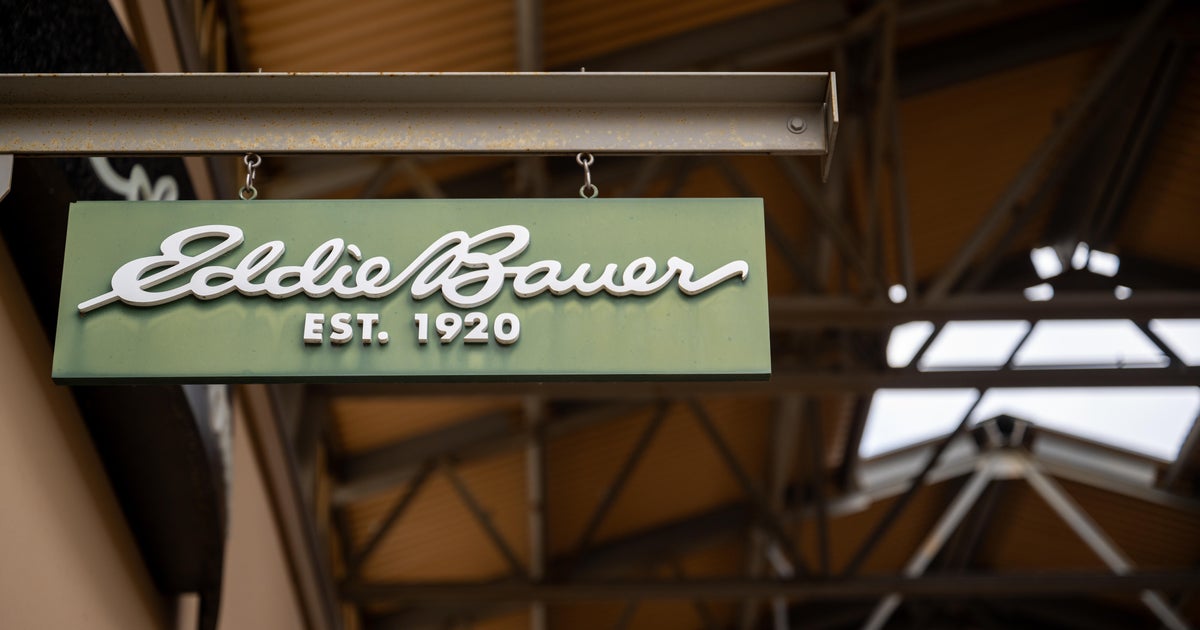Target has high hopes for its new tiny stores
Target (TGT), long associated with cavernous big-box stores for decades, plans to open hundreds more new locations in coming years, but some will be a fraction of the 140,000-square-feet of its typical store.
The sixth-largest retailer plans to open more than a dozen of what it calls “Flexible Format” stores in 2017 in urban areas and near college campuses. They’ll include one in Bethesda, Maryland, outside of Washington, D.C.; Cambridge, Massachusetts, where Harvard University and MIT are located; and in neighborhoods near the Universities of Florida and North Carolina and Southern California.
It opened 30 Flexible Format locations this year, including a 45,000-square foot store New York City’s trendy Tribeca neighborhood, a 21,000-square-foot location in Apple’s (AAPL) hometown on Cupertino, California, and a 28,000-square-foot operation in State College, Pennsylvania, where Penn State is located.
Speaking to Wall Street analysts during the company’s recent earnings conference call, Target CEO Brian Cornell said the Minnesota-based company was “really excited about the continued and strong performance” of the new smaller-format stores.
“As we do more and more business adjacent to college campuses, we’ll understand more and more about the needs of the college student,” Cornell said. “But we really think right now we’ve got a unique opportunity to leverage this new footprint as a future growth element.”
Earlier this week, Target reported better-than-expected third-quarter results and gave bullish guidance for the current period, which includes the critical December holidays. Those results were a change in fortune for the retailer, which reported such a bad performance for the second quarter that its stock fell to a multiyear low.
Like other big-box retailers, Target has lost ground to smaller, nimbler rivals such as dollar stores and convenience stores, which are more profitable than larger locations on a per-square-foot basis and are cheaper to operate as well. That’s in addition to intensifying competition from e-commerce players such as Amazon (AMZN).
““The idea of it makes tremendous sense,” said Howard Davidowitz, the head of Davidowitz & Associates, which provides consulting and investment banking services to the retail sector. “The local neighborhood stores are much less vulnerable to [competition from] online sales because of the convenience element.”
Rival Walmart (WMT) is in a similar predicament to Target, and it, too, is opening fewer large store. Both chains have built their grocery businesses and are under pressure from Wall Street to improve their performances.
Grocers such as Kroger (KR) and Whole Foods (WFM) have also been introducing smaller stores that provide limited offerings along with convenience and affordability. Amazon is also reportedly planning to open 2,000 small grocery stores.
“Everybody is competing for everything,” Davidowitz said, adding that “big stores are less relevant than they used to be.”
Going smaller, though, is no guarantee of success.
Earlier this year, Walmart closed down its Walmart Express, its smallest format, to focus on its Neighborhood Markets and Supercenters because of disappointing results at Walmart Express.



